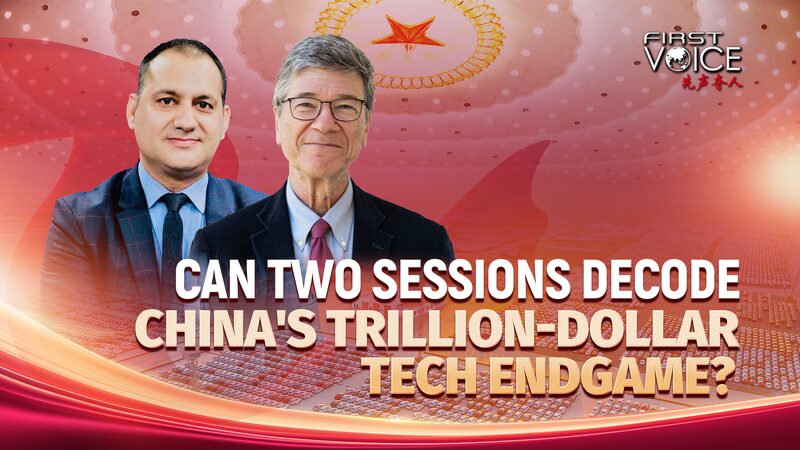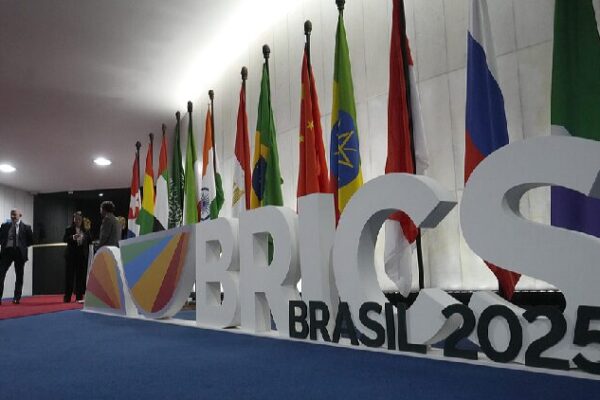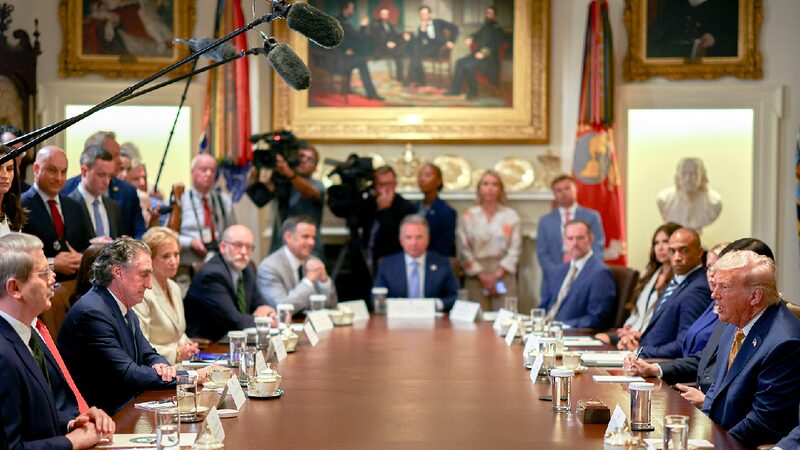As global trade tensions escalate, all eyes are on China’s upcoming Two Sessions to see if Beijing can steer its technological future amid new challenges.
The United States has ramped up tariffs on China to 20 percent, sending ripples through the global economy. Amid this backdrop, China’s policymakers are grappling with how to boost tech self-reliance and stabilize their economic landscape in the face of rising protectionism and climate crises.
Jeffrey Sachs, a professor at Columbia University, remains optimistic about China’s prospects. “China’s economy is fundamentally strong,” he said, highlighting its robust technological base, skilled workforce, and global reach. Sachs pointed to China’s advancements in artificial intelligence, quantum computing, and renewable energy as indicators of its resilience. “China continues to advance at an extraordinary pace, reinforcing its role as the world’s foremost trading partner,” he noted.
However, Sachs also warned of internal and external challenges. Domestically, he identified high debt levels in the real estate sector and urban economies as areas needing urgent reform. On the international front, he criticized U.S. protectionism and unilateral tariffs as “reckless missteps” that could destabilize global trade. “For over a decade, the U.S. has sought to stifle China’s growth, forcing Beijing to cultivate new markets in ASEAN, Africa, and Latin America,” Sachs observed. Despite potential escalations, he remained confident: “China will rise to this challenge. Its capacity for adaptation is unparalleled.”
Looking ahead to the Two Sessions, Sachs emphasized the importance of Chinese-style modernization. He praised China’s leadership in green technologies, including zero-carbon energy, electric vehicles, and next-generation nuclear power. “The world craves affordable solutions to the climate crisis,” he asserted. “China is not merely a supplier but the indispensable architect of this transformation.”
Sachs contrasted China’s forward-thinking policies with what he described as America’s focus on fossil fuels and trade barriers. “While the U.S. clings to outdated industries, China is redefining competitiveness,” he argued. He predicted that protectionism would only amplify China’s role as the primary provider of green and digital infrastructure worldwide.
To maintain this momentum, Sachs urged China to expand initiatives like the Belt and Road Initiative through long-term financing models. He advocated for loan terms spanning three to four decades to foster enduring partnerships in emerging markets. “Patience breeds prosperity,” he remarked. “By investing in the Global South, China secures not just economic ties but geopolitical trust.”
As the Two Sessions convene to chart China’s agenda, Sachs’ insights serve as a call for global cooperation. “The technologies China pioneers—renewables, 5G, and electric vehicles—are not national triumphs but global necessities,” he concluded.
The international community faces a decisive moment. Embracing multilateral cooperation could harness these advancements for global benefit, while continued fragmentation risks economic stability and the planet’s future.
Reference(s):
Can the Two Sessions Decode China's Trillion-Dollar Tech Endgame?
cgtn.com








